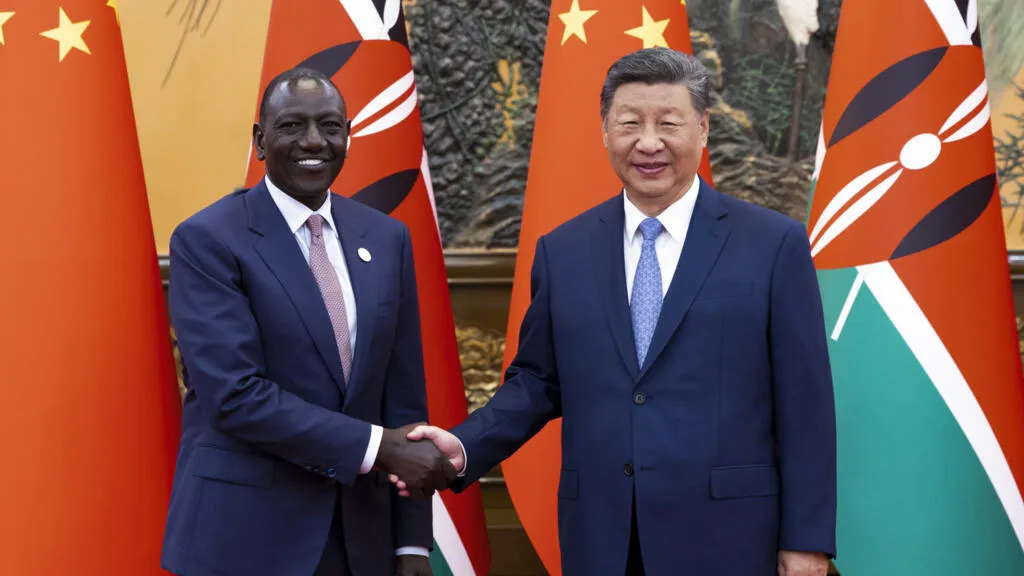
Kenya is poised to significantly expand its reach in the global market following a landmark agreement with China that will allow Kenyan exporters to ship key products without tariffs.
President William Ruto announced that producers of tea, coffee, avocados, and other commodities will soon gain privileged access to China’s vast consumer base of over one billion people.
The trade deal, largely negotiated during President Ruto’s visit to Beijing in April, is now in its final stages and expected to come into effect within months.
For Kenya, this marks a strategic move to diversify its export markets beyond traditional partners like the United States, which currently imposes a 10 percent tariff on some Kenyan goods.
Historically, Kenya has benefited from the African Growth and Opportunity Act (AGOA), which granted duty-free access for many African products to the US market. However, with AGOA set to expire in September, Kenyan authorities have been seeking alternative pathways to sustain and grow exports.
China remains a dominant trading partner in the region but the current trade relationship is heavily imbalanced. In 2024, Kenyan imports from China topped $4 billion, while exports to China barely reached $204 million.
The new tariff-free agreement is expected to help narrow this gap and stimulate production in key agricultural sectors.
President Ruto responded to concerns about Kenya’s growing ties with Beijing by stating, “It is in Kenya’s best interest.” He emphasised that removing tariffs would boost competitiveness, increase production, and raise the international profile of Kenyan products.
This approach to trade sharply contrasts with protectionist trends seen elsewhere, such as in the United States under Donald Trump, where increased tariffs have disrupted international commerce. While Washington turns to customs duties as a political tool, Nairobi is betting on trade integration to open new markets and strengthen its economy.



